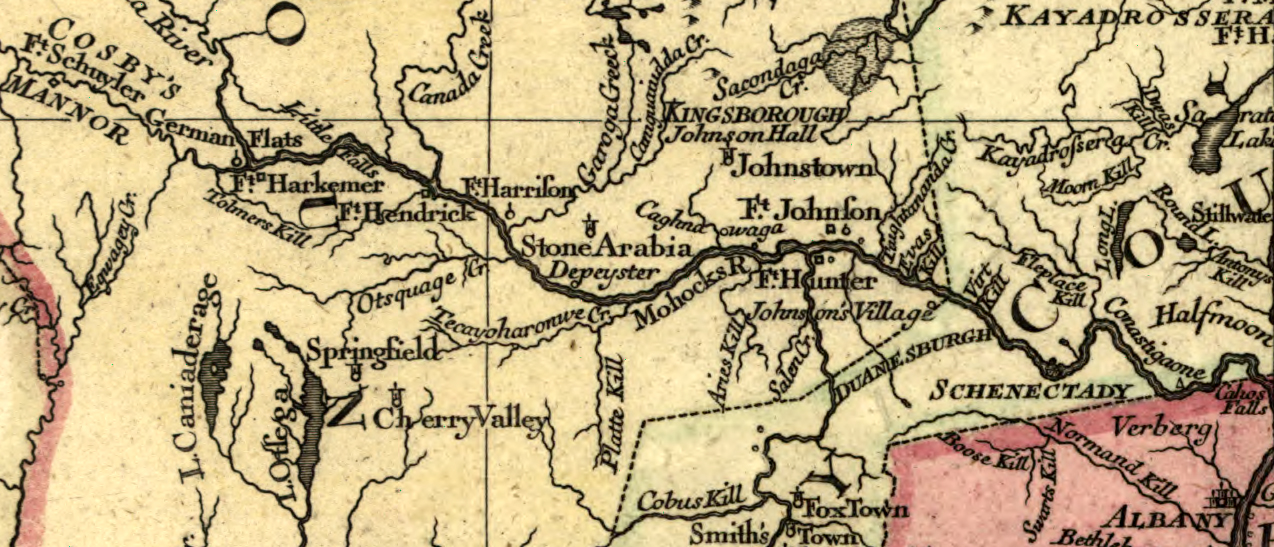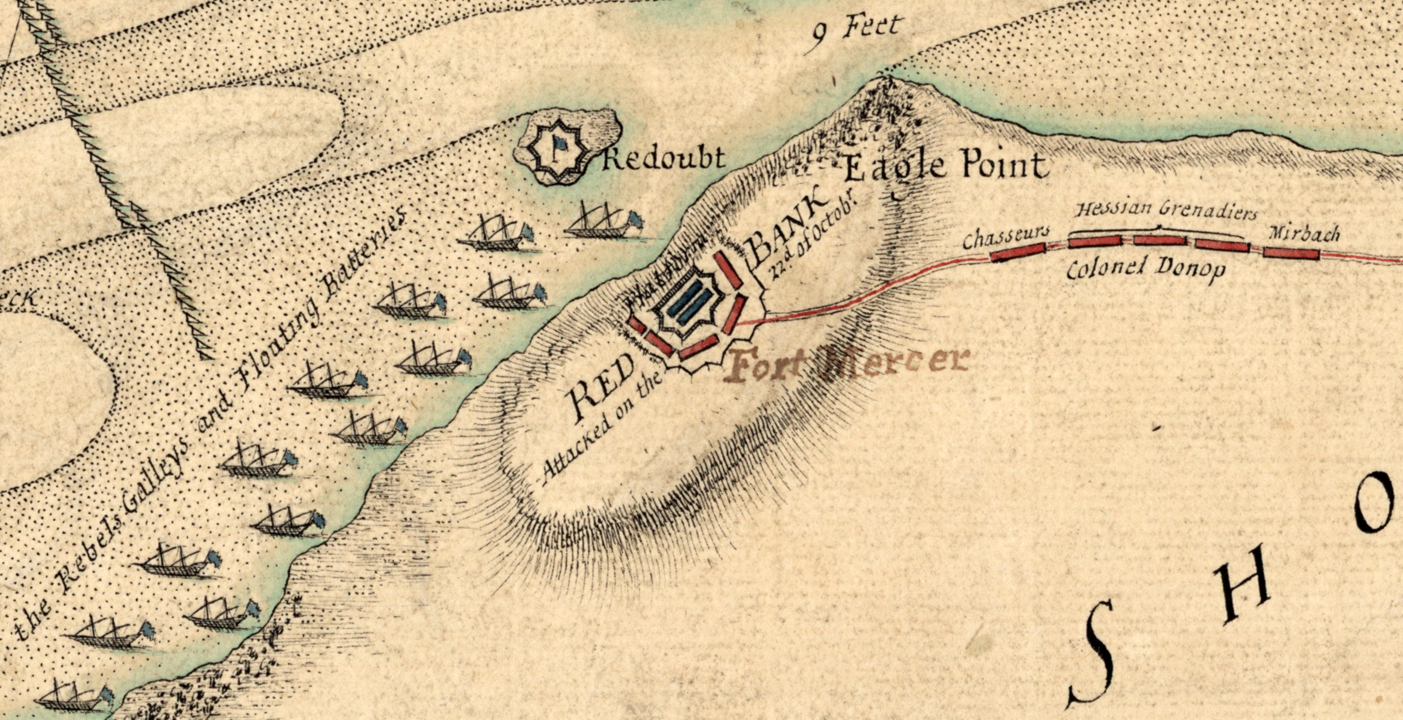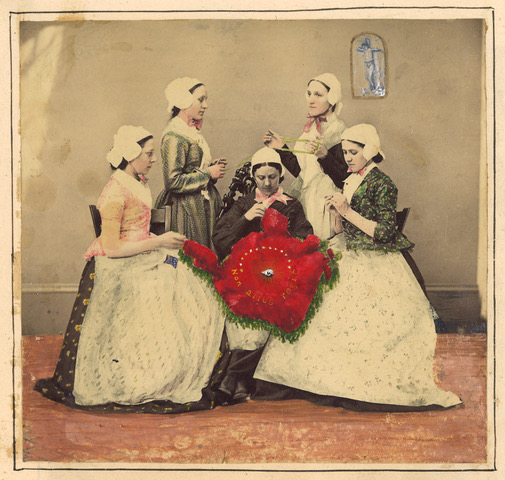On the pages of the Journal of the American Revolution there have been articles on the best and worst generals of the Revolutionary War. It is not a question of the best or worst but rather how could a group of amateur generals leading a force of civilians abruptly turned into fighting men defeat a professional army led by professional officers? This leads to a further question, who were these generals and what were the backgrounds that allowed them to lead the successful military effort against Great Britain? Where were they from? How old were they? What did they do before their Continental service? What was their educational background? What was their fate as an officer in the army?
There were eighty-six general officers commissioned in the Continental Army, including three that were brevetted, a military commission rewarding outstanding service by which an officer was temporarily promoted to a higher rank without the corresponding pay. This does not include twenty-six brevetted in September, one in October and four in November of 1783, too late to serve as general officers in the field. Initially, there were four major generals, nine brigadier generals, and George Washington, the “Commander in Chief” or “Commanding General.” During the course of the conflict, additional officers were selected as brigadier generals and some brigadier generals were promoted to major general. Five officers skipped the initial rank of brigadier general and were promoted directly to the rank of major general: Benjamin Lincoln, Marquis de Lafayette, Baron de Kalb, Philippe DuCoudray, and Baron Von Steuben.
The average age of these men was forty-two. The youngest was the “boy general,” Marquis De Lafayette, who was nineteen when given a commission by Silas Deane in France. The youngest general born in the thirteen colonies was Henry Knox, twenty-six when commissioned in December of 1776. The oldest was Seth Pomeroy, commissioned at age sixty-nine, who declined the honor and remained an officer in the Massachusetts militia. Four others were over sixty when they made brigadier general. James Hogun is a mystery, his date of birth unknown.
The generals chosen by Congress were not total amateurs; forty-seven served during the French and Indian War or Seven Years War. Two served in the Cherokee War. Nine served in the French Army, primarily the volunteers from France who joined the Continental Army after the Revolution began. Two served in the Regulators War in North Carolina. Despite the large number who served during wartime, some had minimal combat service. Benedict Arnold served only thirteen days with his militia before it was disbanded, or he deserted, depending on the source. Philip Schuyler served in the French and Indian War as a staff officer, an asset in the Revolution as his combat career was checkered but his experience in logistics paved the way for other generals’ success in battle. The generals appointed later in the war gained their experience commanding companies, battalions, and regiments in the early engagements of the war. By the time men like Enoch Poor and Anthony Wayne were appointed in February of 1777, they had fought the British throughout the colonies and in Canada.
Identifying the occupations of generals before the war is complicated by the times when men had several occupations or skills. Most of them, including skilled tradesmen and physicians, owned land but at least twenty-three lived primarily as planters or farmers. Nine were lawyers. Six were in the medical field. Thirteen were merchants of some kind. Five were surveyors. One was a bookseller and another a gunsmith. Thirteen, mostly the foreign volunteers, were soldiers before the Revolution. Horatio Gates and Charles Lee both purchased farms before the war but were more soldiers than planters. Among the more unusual occupations was that of Peter Muhlenberg, a minister.
Most of the generals, nineteen, were born in Massachusetts, which is no surprise as Massachusetts had one of the largest free populations. The next most numerous by state were eight from Virginia, and six from Connecticut. Many were foreign born, nine from Ireland, five from Scotland, seven from France and three from different parts of Germany.
When the generals commissioned by Congress are broken down by place of residence at the start of the war, it is still Massachusetts that gave us the majority of generals, fifteen. Twelve lived in Pennsylvania. Eleven resided in Virginia, including the recent immigrants Charles Lee and Horatio Gates. Six were from Connecticut and five each were living in New York and North Carolina. Of those residing in Europe, ten were in France, two in parts of Germany, and one in Poland. Moses Hazen was living in Canada.
Nineteen of the officers attended college or a military school. Three attended Harvard in Cambridge, Massachusetts and the same number attended Trinity College in Dublin, Ireland. Many of the college attendees were those who had medical backgrounds, including Arthur St. Clair who went to Edinburgh in Scotland.
Many of the Continental Army’s general officers became casualties, paying the price for the young army to learn its lessons. Six generals were killed in action, the first Richard Montgomery in 1776 and the last Baron De Kalb in 1780. Eight were wounded, Benedict Arnold in two separate campaigns. Twelve generals died during the war from various other causes, mostly disease. The most inglorious was the death of Frenchman Philipe Tronson du Coudray, who drowned crossing the Schuylkill River. Ten generals were captured but most were exchanged, with the notable exceptions of Virginian William Woodford, who died aboard a British prison hulk in New York Harbor, and James Hogun, fatally maltreated in captivity.
Not all of the officers commissioned by Congress served throughout the war. Of the four major generals commissioned at the start of the conflict, none were serving at the end. Three other men, John Cadwalader, Seth Pomeroy, and John Whitcomb, were never actually general officers as they refused to accept their commissions. Nineteen officers resigned before the war ended. Benedict Arnold deserted, Adam Stephen and Charles Lee were dismissed from the service. John Glover and Otho Williams retired before the war ended.
In the end, some general officers proved incompetent, some took to the service and performed admirably. Whatever their military experience, age, or educational background, most of the men commissioned by the Continental Congress performed well enough, with the help of France, a little luck, and Divine Providence, to defeat the British Empire.
Sources
Mark Boatner, Cassell’s Biographical Dictionary of the American War of Independence, 1763-1783 (London: Cassell & Company LTD, 1966)
Francis B. Heitman, Historical Register of Officers of the Continental Army during the War of the Revolution, April, 1775, to December, 1783 (Genealogical Publishing Co.Inc., 1982)
Mary Theresa Leiter, Biographical Sketches of the Generals of the Continental Army of the Revolution (Cambridge: Cambridge University Press, 1889).
Lynn Montross, Rag, Tag and Bobtail: The Story of The Continental Army, 1775-1783 (New York: Harper & Brothers Publishers, 1952)









4 Comments
Very interesting to read the backgrounds and eventual fates of these men. Thank you for your research and number crunching. The only thing more I could have asked for is a complete list of their names. So many of them are rarely mentioned contributors to the cause.
The books listed in the Sources section, Heitman, Leiter, and Montross have complete lists. You can probably get them through interlibrary loan as they are out of print.
Jeff
Jeff,
I enjoyed the article. A comment, however. The articles that you cite about best and worst are mine. While you’re correct about the worst, the other one was not the best, but rather the most important. Big difference. Selecting the best would be an almost impossible task, given the different duties, commands, and responsibilities of the generals. Even the most important can generate disagreement. That was my plan, as these articles developed from a talk on Washington’s Lieutenants that I’ve been giving for about 13 years, in face, as recently as last Saturday. I use this as way to generate responses and disagreements during the question session.
Your analysis is similar to my article published in May 2009 in David Reuwer’s non defunct American Revolution Magazine. I posed 20 questions for each general and then drew some general (pun intended) conclusions. However, I only looked at 78 men and not the brevets. You’re correct in suggesting that information about some of these men is very scarce. While we differ slightly on a few of these questions, our conclusions are very similar. I would offer that Joseph Reed also declined his commission as BG. I, too, was unable to find a birth date for James Hogun. As you write, occupations can be a problem, as many of the generals had varied civilian careers. I also looked at the military and political experience of the men.
I explored at the background of the generals and how they learned and how they eventually defeated the British, as you write. I do, however, respectfully disagree with your assessment that best (most important) and worst is not the question. I do believe that’s also critical and certainly interesting and thought provoking. Just my view.
I been able to collect images for about 62 of the 78 that I studied. The rest remain elusive. Enough from me. Again, I enjoyed your piece and would love to discuss the generals at length with you.
Bill Welsch
Thanks for the information about Joseph Reed. Several sources say he resigned instead of accepting the commission. The use of the word “best” was a slip of the pen, I agree with your reasoning as I referred to the original article today and you made it plain that they weren’t ranked as best. Sorry.
I also miss the American Revolution Magazine, it was a class act.
Jeff